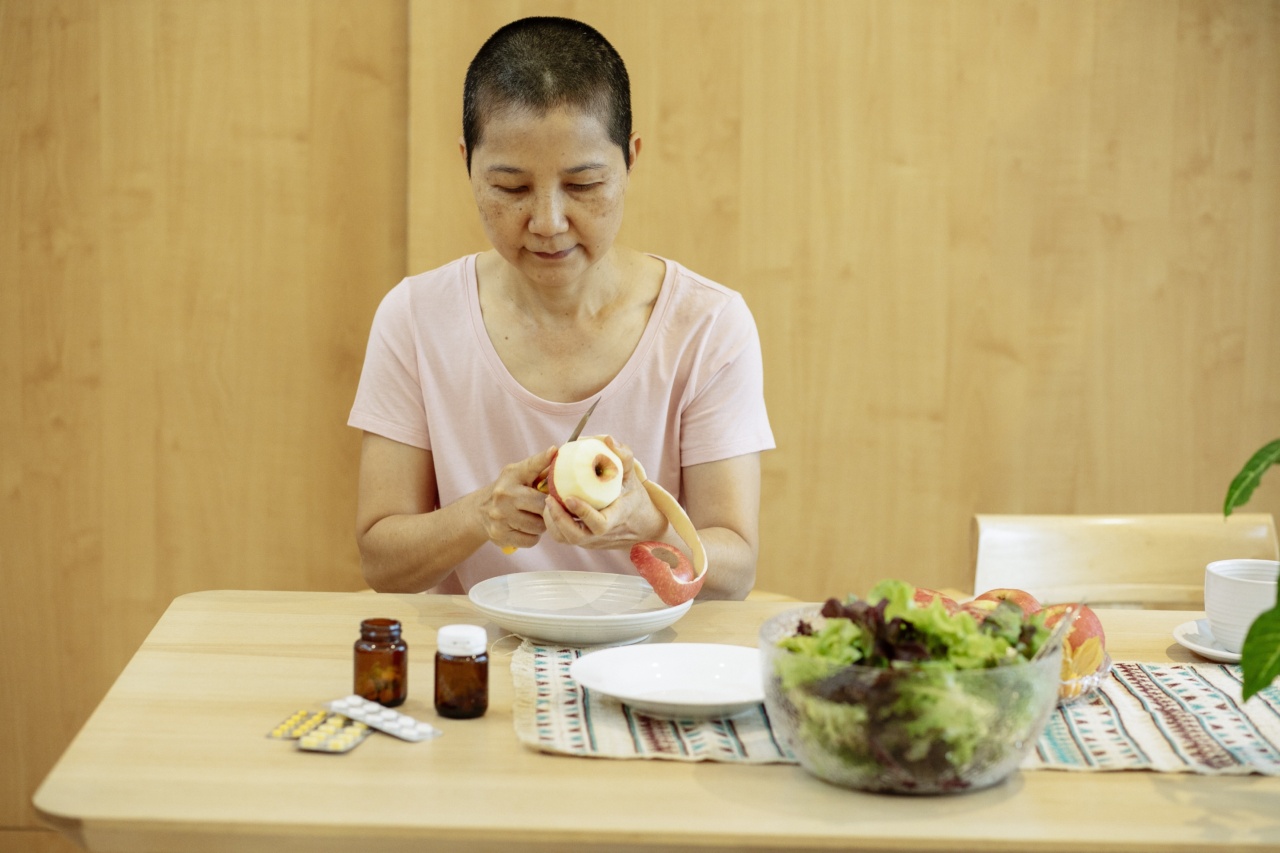Cancer is one of the leading causes of death worldwide. According to the World Health Organization (WHO), it is responsible for an estimated 9.6 million deaths in 2018 alone.
While there are many different factors that can contribute to the development of cancer, such as genetics and lifestyle habits, recent studies have suggested that a lack of vitamin D may also play a role in its onset.
What is Vitamin D?
Vitamin D is a fat-soluble vitamin that is naturally present in some foods, such as fatty fish, egg yolks, and cheese, as well as fortified in other foods, like milk and cereal.
Additionally, our bodies can produce vitamin D when our skin is exposed to sunlight. However, many people are deficient in this important vitamin, especially those who live in northern latitudes or spend little time outdoors.
The Link Between Vitamin D and Cancer
Studies have suggested that there is a link between vitamin D deficiency and an increased risk of certain types of cancer, such as colon, breast, and prostate cancer.
One study published in the Journal of the National Cancer Institute found that individuals with higher levels of vitamin D in their blood had a 30-50% lower risk of developing some types of cancer compared to those with lower levels. These findings are especially significant given that vitamin D is relatively easy to obtain through a combination of diet, sunlight exposure, and supplements.
Vitamin D and Colon Cancer
Colon cancer is the third most common cancer in the United States, and studies suggest that vitamin D may play a role in preventing its onset.
In one study published in the American Journal of Epidemiology, researchers found that individuals with higher levels of vitamin D had a 40-50% reduced risk of colon cancer compared to those with lower levels. Additionally, another study found that taking vitamin D supplements may help to reduce the polyp growth in the colon, which can be a precursor to cancer.
Vitamin D and Breast Cancer
Breast cancer is the most common cancer in women worldwide, and studies suggest that vitamin D may also play a role in preventing its onset.
In one study published in the Journal of Clinical Oncology, researchers found that women with higher levels of vitamin D had a 32% reduced risk of developing breast cancer compared to those with lower levels. Additionally, another study found that women who took vitamin D supplements had a 50% reduced risk of developing breast cancer compared to those who did not.
Vitamin D and Prostate Cancer
Prostate cancer is the most common cancer in men, and studies suggest that vitamin D may also play a role in preventing its onset.
In one study published in the Journal of the National Cancer Institute, researchers found that men with higher levels of vitamin D had a 45% reduced risk of developing aggressive prostate cancer compared to those with lower levels. Additionally, another study found that men who took vitamin D supplements had a 25% reduced risk of developing prostate cancer compared to those who did not.
How Much Vitamin D Should You Get?
The National Institutes of Health (NIH) recommends that adults between the ages of 19 and 70 get at least 600 international units (IU) of vitamin D per day.
However, many experts suggest that this amount may not be sufficient for optimal health, especially in individuals who are deficient in vitamin D. Some suggest that 1,000-2,000 IU of vitamin D per day may be more appropriate.
Conclusion
While more research is needed to fully understand the link between vitamin D and cancer, the evidence thus far suggests that maintaining adequate levels of this important vitamin may be one way to reduce the risk of developing certain types of cancer.
This can be achieved through a combination of diet, sunlight exposure, and supplements, as needed.






























